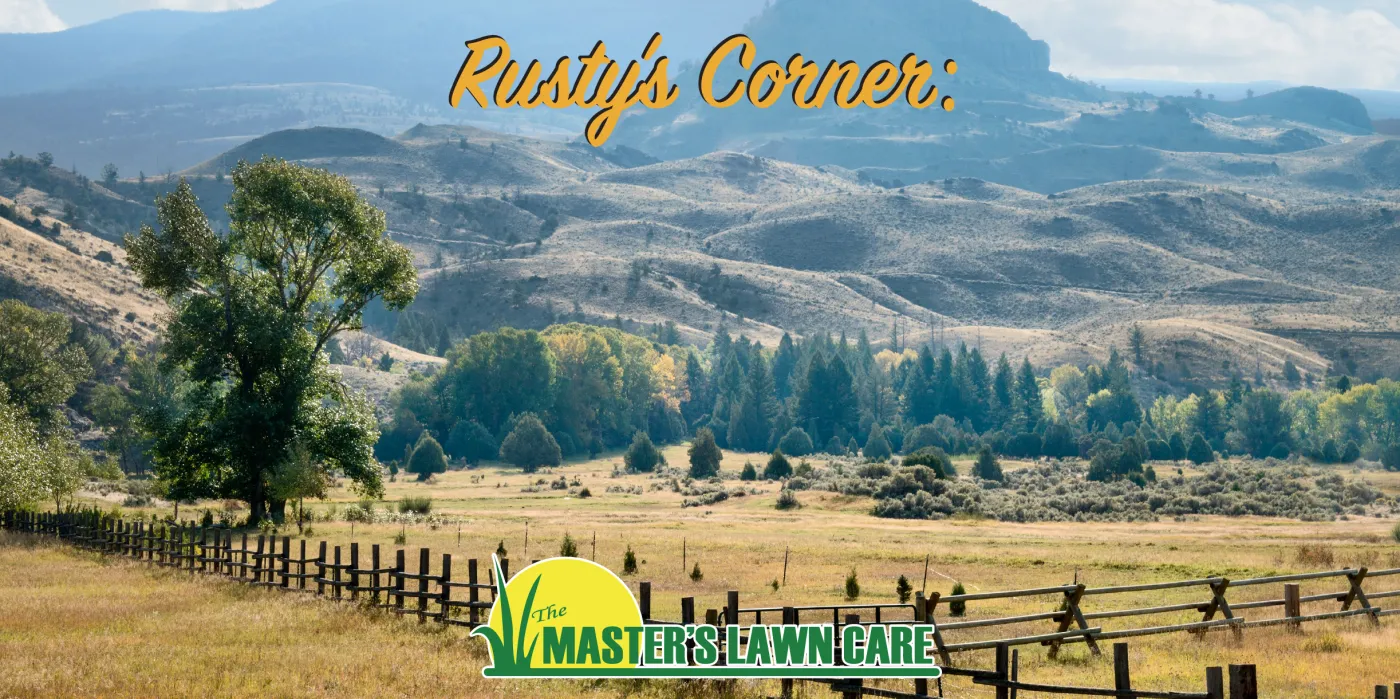As a big fan of "Yellowstone," I've spent far more hours than I care to admit watching the story about the Dutton ranch. It's a fascinating look into the world of high-stakes ranching, politics, and family dynamics. But as someone who's also interested in leadership insights, I've found that the show offers some valuable wisdom on the topic. Here are three takeaways I've gleaned about leadership from "Yellowstone."
Lesson #1: Balancing leadership and friendship can be tricky
In season 3, there's a scene where John Dutton tells his son Kayce, "I never had much luck leading men and being their friend." This quote really stuck with me because it highlights the difficult balance that leaders often face. On one hand, you need to be able to earn the trust and respect of your team, which can be challenging if you don't have a strong rapport with them. On the other hand, you also need to be able to make tough decisions and hold people accountable, which can strain even the closest of relationships. Finding the right balance between leadership and friendship is critical for success, but it's not always easy.
I learned this the hard way early on in my professional career. I became close friends with a direct-report, and that allowed me to put off difficult conversations about his job performance. As a result, entitlement slipped into the organization, and I ultimately lost both a close friend and a previously solid team member.
Lesson #2: Live Up to Your Brand
The Dutton family takes great pride in their ranch and brand. John tells his son, “A brand isn't something you earn, it's something you live up to.” This quote highlights that a brand, whether it's personal or organizational, is a reflection of the values and reputation that you have built over time.
As a leader, you need to understand that your personal brand is a key part of your identity, and it can be an incredibly powerful asset if you cultivate it carefully. Living up to your brand means being consistent in your actions, your words, and your behavior. It means showing up every day with the same level of passion, dedication, professionalism, and integrity that you expect from others. Ultimately, the lesson of "Yellowstone" is that a brand is more than just a logo or name. It's a reflection of who you are and what you stand for.
By living up to your brand, you can earn the trust and respect of others and build a legacy that carries on long after you're gone.
Lesson #3: The Law of the Harvest
The slow and methodical pace is one of the things that stands out most about the ranching lifestyle. When it comes to farming or ranching, you can't rush it, and the same principle applies to leadership.
You can cram for an exam or put in extra hours to meet a deadline, but when it comes to leading people, there are no shortcuts. Developing a team, building trust, and creating a strong culture take intentional action and effort over a long period of time. As a leader, you need to plant the seeds of success and then patiently nurture them, waiting for the right time to harvest the rewards. This "Law of the Harvest" is a powerful reminder that effective leadership is a perpetual, long-term game - not a quick fix.
In our on-demand culture of Amazon Prime and Get Rich Quick schemes, patience appears to be a lost art. A few years ago, I wrote about Jocko Willink's quote, "Discipline Equals Freedom," and that quote reminds me so much of the importance of patience in leadership.
When I look back at the times when my lack of discipline to be patient has cost me both in influence and dollars, I realize just how crucial this quality is in leadership and in life.
In conclusion, "Yellowstone" is much more than just a TV show, and that helps me feel better about the countless hours I've spent watching it as "learning" purposes. The show offers a wealth of insights into leadership, and these three lessons from the Dutton family are just the tip of the iceberg. As a fan of the show and a student of leadership, I find these lessons to be incredibly valuable and inspiring, and I'm excited to continue investing time watching Yellowstone, 1883, and 1923.


